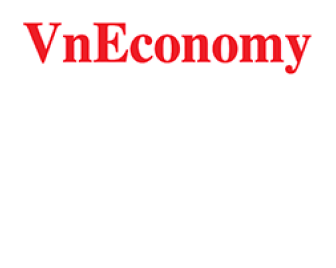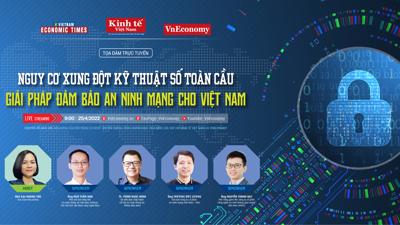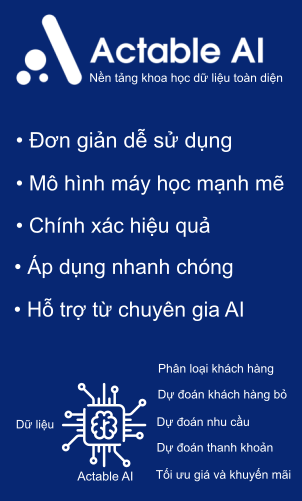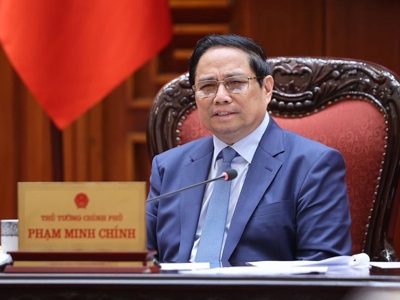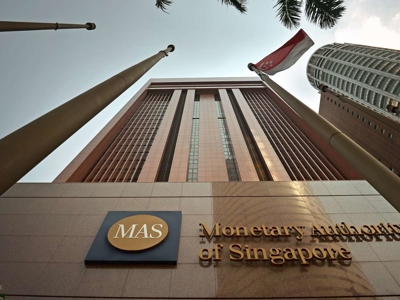Connected carbon market essential for ASEAN
ASEAN aims to realize the vision of a “Green ASEAN”, so in the coming decades, the role of connectivity in the carbon market will become increasingly important for the region.

ASEAN is committed to realizing the vision of a “Green ASEAN,” in which member states work closely to build a region of sustainable development, with the environment and circular economy being its core. As climate change becomes increasingly severe, the connected carbon market will become more essential for ASEAN in the coming decades.
This is shared by Assoc. Prof. Dr. Nguyen Dinh Tho, Institute of Strategy and Policy on Natural Resources and Environment at the ASEAN Outlook on the Indo-Pacific Forum held on August 30 in Vientiane, Laos.
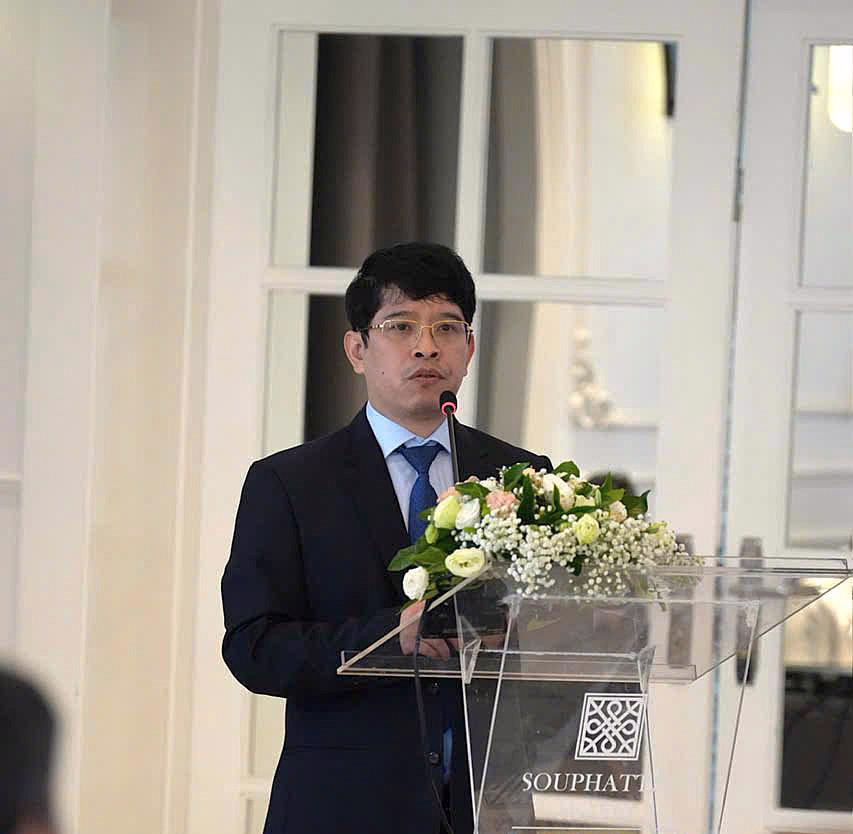
The importance of carbon market connectivity in ASEAN
At the Forum, Mr. Tho shared that regional and sub-regional connectivity initiatives will not only help promote the trading of carbon credits, but also optimize energy efficiency, reduce greenhouse gas emissions, and support climate action at the national and regional levels.
Connecting the ASEAN carbon market is not just about exchanging carbon credits between countries, but also about building a unified and robust carbon ecosystem. This requires close coordination to harmonize standards for inventory, measurement, emissions verification, sustainability reporting, and green taxonomy.
These standards need to be widely applied across sectors such as construction, smart cities, waste management, land use and forestry, transport, energy, and digital. This harmonization will not only help reduce inconsistencies and overlaps in existing regulations, but also create an enabling environment for the development of carbon markets in the region.
Connecting the ASEAN carbon market is the basis for promoting the development of circular economy initiatives, helping to optimize the use of resources and reduce waste, contributing to the construction of smart and sustainable cities, and the efficient and responsible use of energy, waste treatment, and natural resource management.
The connected ASEAN carbon market not only facilitates the development and integration of the regional carbon market but also contributes to the building of a stronger ASEAN community. Member countries can learn from each other, share experiences, and jointly face environmental and climate change challenges. At the same time, this connectivity also opens up opportunities to attract the participation of international investors who can contribute finance and technology to the development of the ASEAN carbon market.
Connectivity in the carbon market promotes the integration of technology, infrastructure, buildings, smart cities, energy, and transport systems across ASEAN member states to facilitate the trading, management, and regulation of carbon emissions. In particular, connectivity in the carbon market links regional transport, energy, and digital networks, which is an essential foundation for interconnected activities to promote trade, investment, and economic development that bring about regional welfare and prosperity. By enhancing connectivity in transport, energy, and digital networks, ASEAN can improve carbon credit trading, optimize resource use, and ensure that regional emissions reduction targets are met.
Specifically, in infrastructure and transport connectivity, according to Mr. Tho, connecting carbon markets in ASEAN also needs to take into account global developments and commitments such as international agreements on reducing emissions from the aviation and maritime sectors, as these are important but often overlooked emissions sectors in national and regional carbon strategies.
Connecting ASEAN’s carbon markets should include measures to control emissions from high-impact sectors such as aviation and maritime transport, and develop financial mechanisms and quantitative tools to support decarbonization initiatives, especially in developing countries. This will not only help ASEAN achieve its sustainable development goals but also create strong linkages with global efforts to mitigate climate change. Furthermore, aligning national strategies with international and regional targets will help ASEAN promote a low-carbon economy and move towards the goal of building a “Green ASEAN” community in the near future.
In energy infrastructure, Mr. Tho pointed out that energy connectivity is a cornerstone of ASEAN’s strategy to integrate renewable energy into carbon markets. Energy connectivity also enables the development of cross-border carbon trading platforms where carbon credits can be exchanged based on the use of renewable energy.
Energy connectivity plays a key role in ASEAN’s strategy to integrate renewable energy into carbon markets, supporting sustainable development goals and mitigating climate change.
Digitally, Mr. Tho noted that digital connectivity plays a key role in ensuring transparency, efficiency and scalability of the ASEAN carbon market. As the carbon market evolves, digital platforms and technologies such as blockchain, artificial intelligence (AI) and the Internet of Things (IoT) are becoming essential tools to facilitate secure, accurate and transparent carbon credit trading.
Digital connectivity is key to integrating renewable energy into the ASEAN grid. Digital technologies can optimize energy management and distribution, reduce waste, and increase the efficiency of renewable resources. This integration not only helps reduce carbon emissions but also facilitates the development of a regional carbon credit market.
Digital connectivity will not only promote the development of the ASEAN carbon market, but also ensure transparency and efficiency in transactions, while supporting the transition to a sustainable low-carbon economy. The combination of digital technologies and other connectivity initiatives in the region will contribute to building a green and sustainable ASEAN, in line with global development goals.
Solutions to strengthen ASEAN carbon market connectivity initiatives
Promoting connectivity in the ASEAN carbon market is not only an important tool for addressing climate change, but also a key element in building a sustainable and prosperous region. Accordingly, Mr. Tho suggested six solution to strengthen ASEAN carbon market connectivity initiatives.
First, enhance market confidence and liquidity. The lack of confidence and trust in the current ASEAN carbon market has led to a lack of demand and liquidity. To address this, ASEAN member states need to work together to develop reliable and widely recognized carbon assessment standards and methodologies. This could be facilitated through the establishment of a common quality control and certification system, ensuring that the carbon credits traded are legitimate and have real value.
Second, develop offsetting arrangements between voluntary carbon markets and compliance/carbon tax markets. One of the key elements to enhance carbon market connectivity is the existence of offsetting arrangements between voluntary carbon markets (VCMs) and compliance markets, as well as national carbon tax systems. ASEAN governments should encourage and support these arrangements, facilitating the trading of carbon credits between different markets, while promoting GHG emission reductions across the region.
Third, clarify regulations and strengthen the role of governments . The lack of clarity and certainty about the future attitude of governments and international organizations (IOs) towards VCM has created ambiguity in the development and expansion of the market. ASEAN governments need to make a clear commitment to support VCM, especially on regulations related to cross-border transactions and provisions related to Article 6 of the Paris Agreement. This will not only facilitate transactions but also reduce legal risks for investors.
Fourth, connectivity between carbon markets and international investors . The lack of connectivity between ASEAN carbon markets and international investors is currently a major barrier to market expansion. To address this, regional bodies and non-governmental organizations (NGOs) need to be involved in organizing capacity building programs and promoting connectivity among stakeholders. These bodies also need to represent ASEAN in global standard-setting bodies to ensure that the standards and regulations adopted are appropriate to the regional context and needs.
Fifth, reduce the costs of development, verification, validation, and registration . The high costs associated with the processes of developing, verifying, validating, and registering carbon credits are a major challenge for ASEAN member states, especially developing countries. Digital connectivity initiatives, such as blockchain, artificial intelligence (AI), and the Internet of Things (IoT), can help reduce these costs by optimizing processes and increasing transparency. Furthermore, promoting digital technologies will facilitate real-time monitoring and reporting of carbon emissions, improving market efficiency and scalability.
Sixth, commitment from international and regional organizations . International organizations such as ICVCM and IETA need to work closely with regional NGOs to provide capacity building to ASEAN countries. This includes developing high-quality carbon markets and ensuring that carbon credits traded in the region meet international standards. In addition, creating financial mechanisms to support decarbonization initiatives in developing countries is also important to promote the connectivity of the ASEAN carbon market.
By implementing these solutions, ASEAN can achieve its goal of developing a transparent, efficient and integrated carbon market that contributes to the region’s efforts to reduce greenhouse gas emissions and achieve sustainable development. Connectivity in the ASEAN carbon market is not only an important tool to address climate change but also a key factor in building a sustainable and prosperous region. By promoting this connectivity, ASEAN is well on its way to realizing its vision of a “Green ASEAN,” where the economy, environment, and society thrive in harmony.
